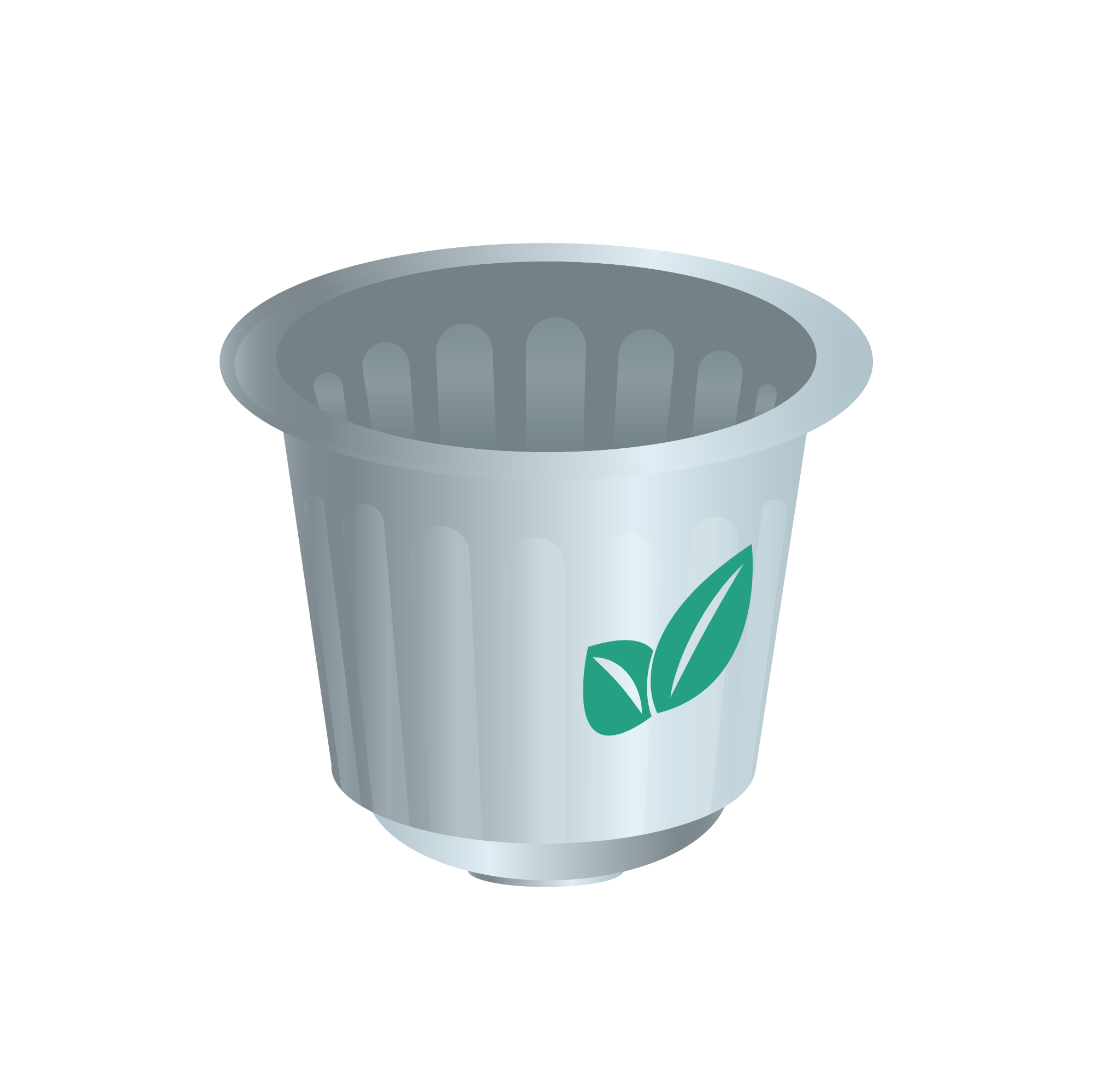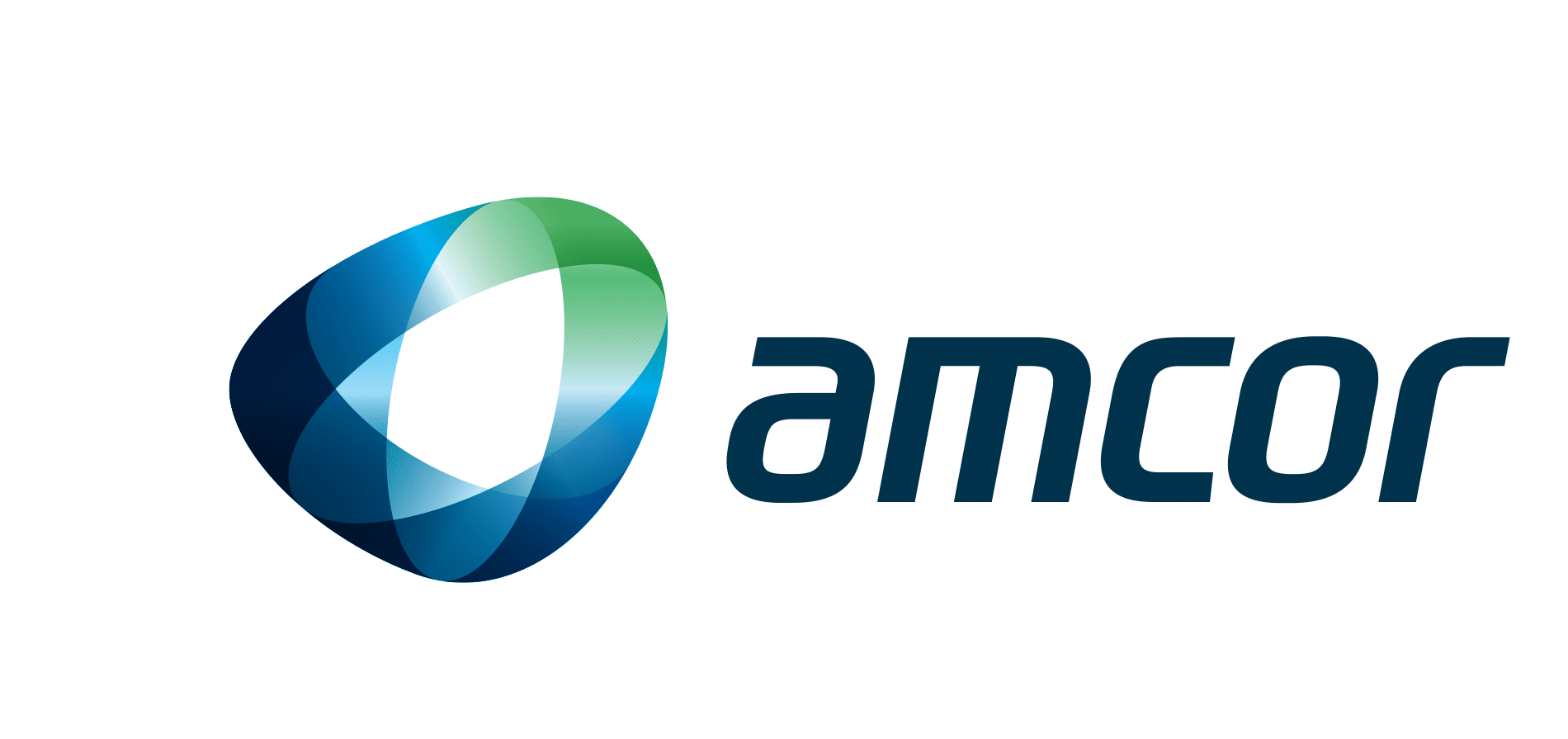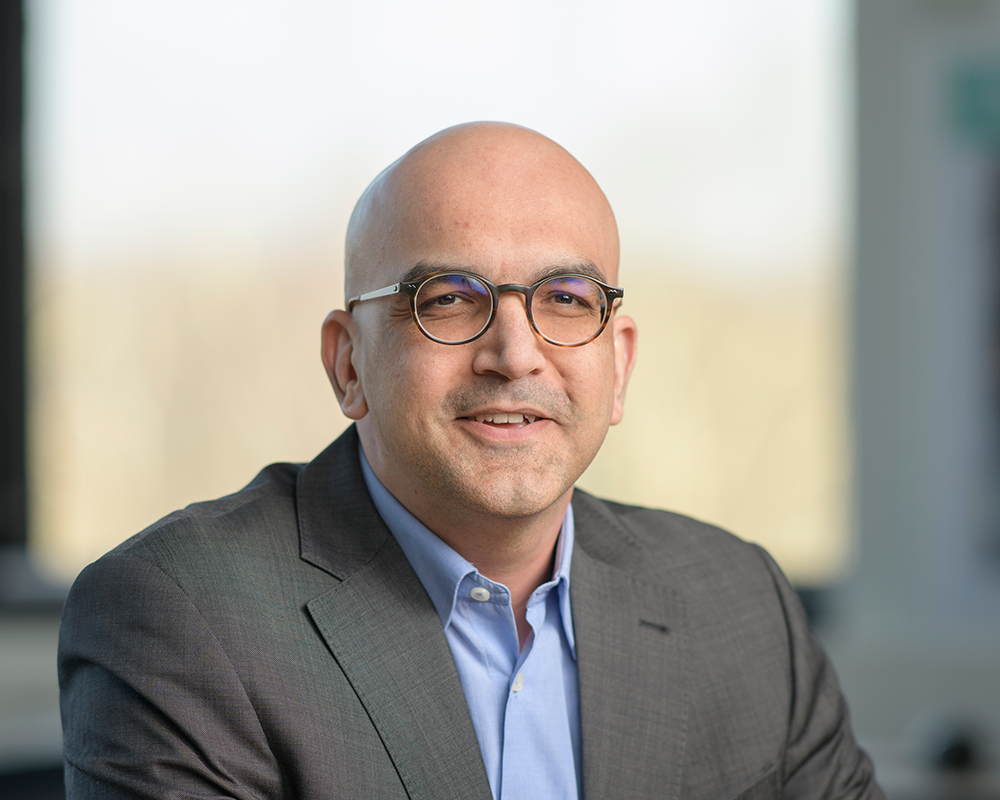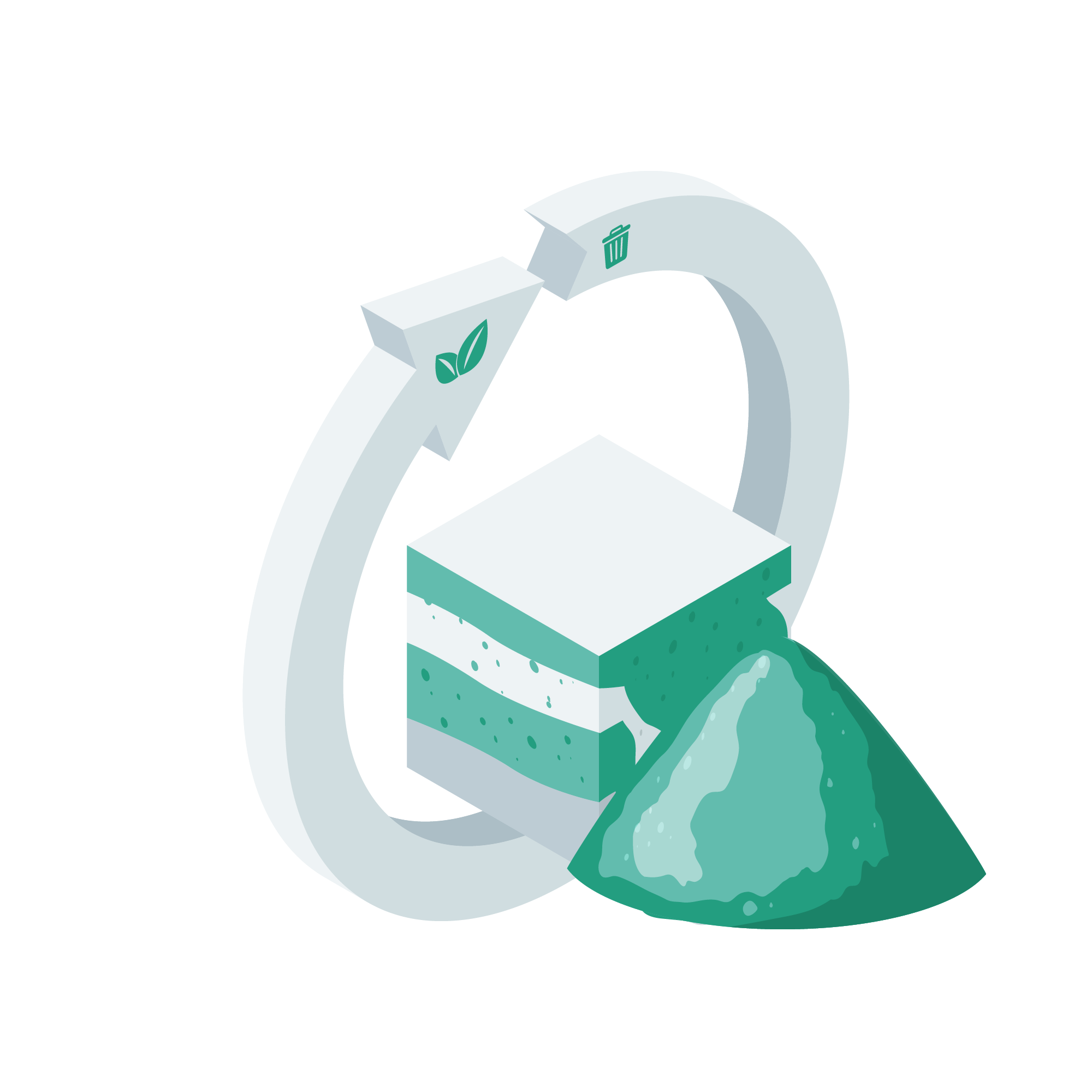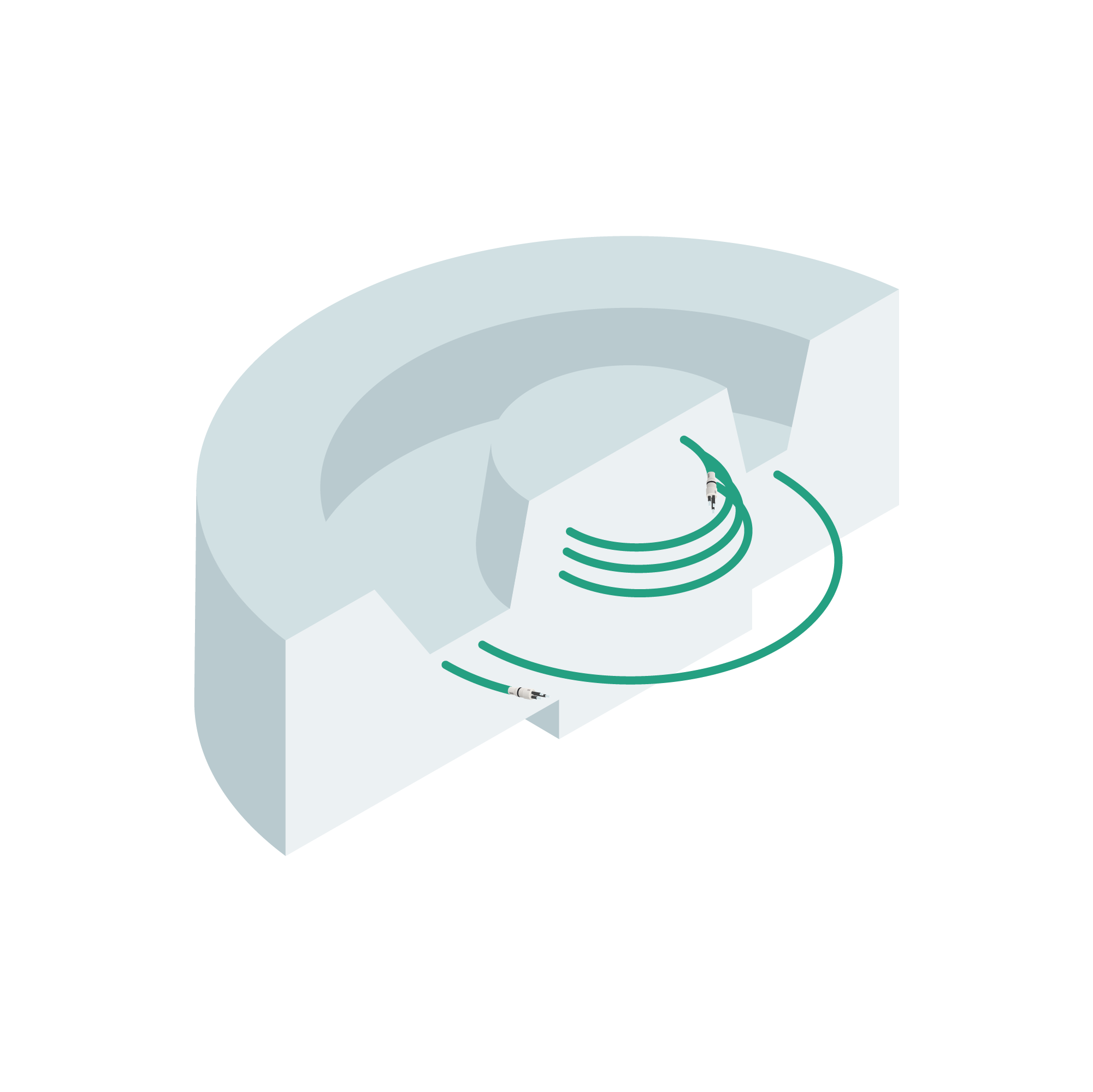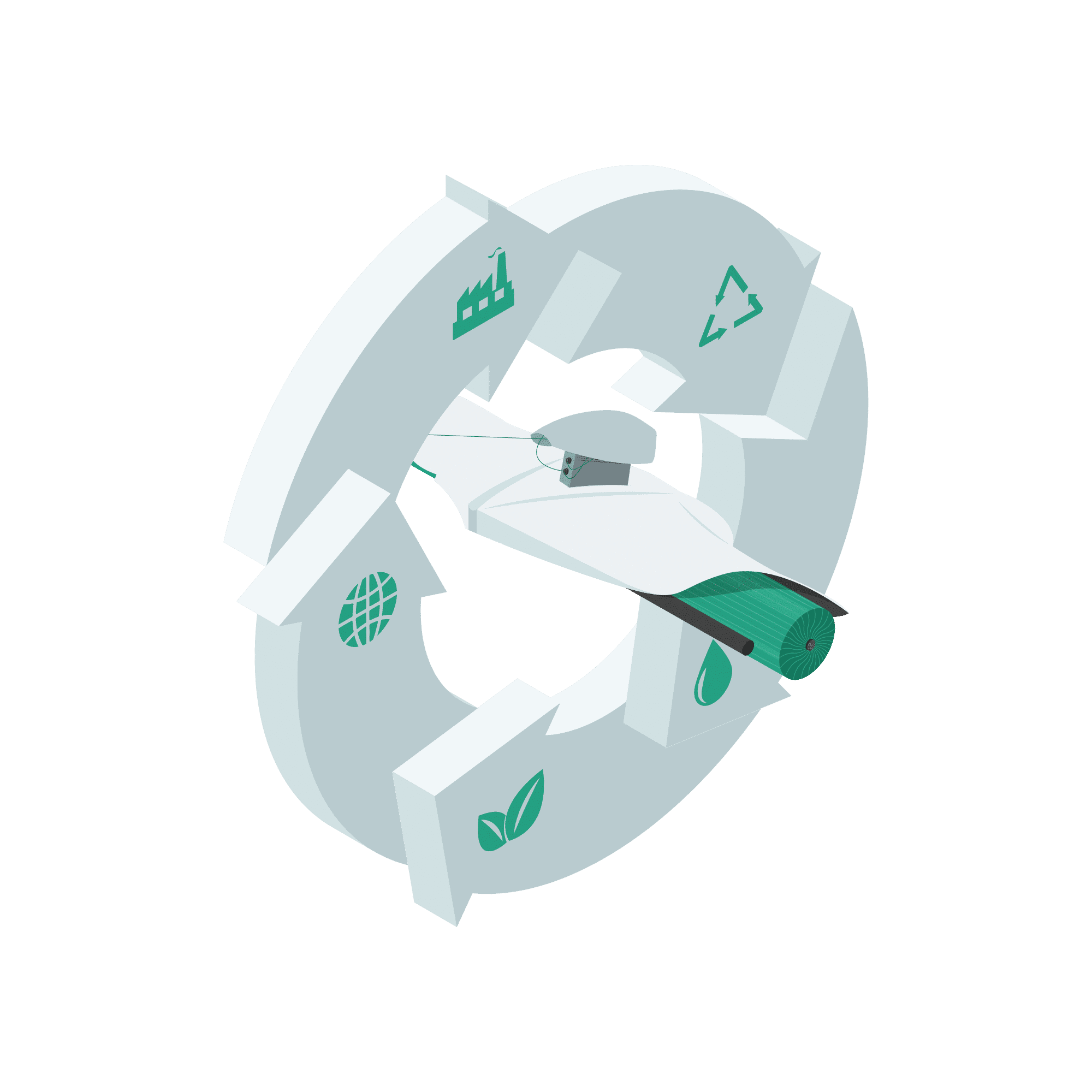In the fast-paced world of coffee consumption, the production of coffee cups presents unique challenges, especially as the industry prioritises sustainability. The intricate deep drawing process needed to manufacture these cups becomes more complex when incorporating recycled materials while still adhering to strict food safety standards. Current production tools and methods, such as deep drawing ratios and tool configurations, require thorough evaluation and optimisation to ensure high quality and meet the growing demands of the market.
EcoCup, an innovative project led by FIP-AM@UT in partnership with AMCOR and Jansen Machine Management, aims to address these challenges. The project aims to improve the efficiency, sustainability, and overall quality of coffee cups made from aluminum.By applying advanced modelling techniques and conducting rigorous testing, EcoCup is set to transform the manufacturing process, making it more efficient and environmentally friendly.
The project’s objectives include the assessment of mechanical methods for material and interface characterisation, ensuring that production materials meet stringent quality standards. Additionally, EcoCup will develop detailed simulation models to optimise the coffee cup production process, enabling improvements in design and sustainability. The project will also investigate the effects of using thinner, recycled aluminium and specialised coatings, focusing on maintaining product integrity while advancing eco-friendly practices.
Through these efforts, EcoCup aims to set new standards in the industry, leading to the creation of more sustainable and high-quality coffee cups.
